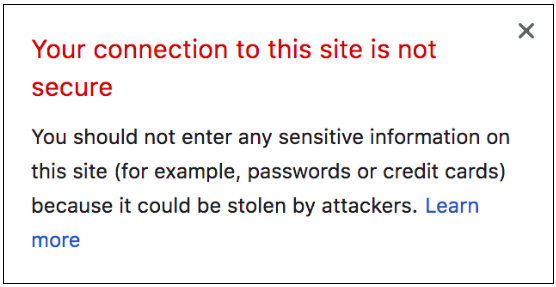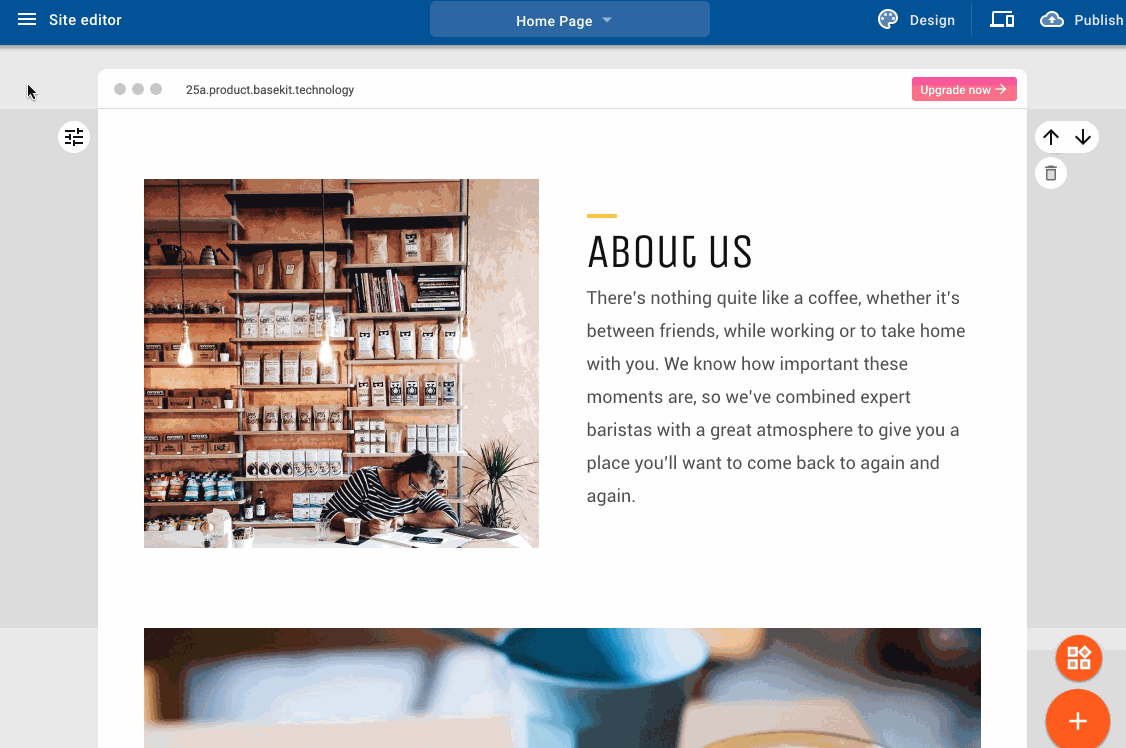Although you might not know what an SSL certificate is, you probably see one every day. An SSL certificate is used to show that the site that you’re using is secure, ensuring that your credit card transactions, data transfers and logins all remain protected. You can tell if the website you’re using is securely encrypted if there is ‘https://’ in the first part of the webpage’s link, meaning you can share your details with the site safe in the knowledge that your information is properly protected.
Having a SSL certificate is therefore of paramount importance for your online business. Not only does it show that people can trust you, but it also ranks you higher on Google’s search engine, as it tells Google that your website won’t put users at risk.
What type of SSL certificate to get
There are multiple types of SSL certificates to choose from, and thus it is important that you choose the right certificate for you.
– Domain Validation SSL (DV) certificates are the most basic type of SSL certificates. They are simple and easy to get – all you need to do is show the Certificate Authority (CA) that you’re the owner of the domain that was applied for. It is a quick process – the certificate can be issued only minutes after purchase, and installed shortly after. This is a fantastic option if you need to secure a personal website, blogs or small online store, as it is a quick and easy way to secure your site.
– Organisation Validation SSL (OV) certificates require slightly more graft: your company must meet several requirements to pass the test. However, once validated your website is able to show that it is fully secure as, like the DV SSL, the green HTTPS and padlock in the address bar will show users that your site is legal and has been approved by a trusted 3rd party.
– The highest level of SSL certificate that you can have is an Extended Validation (EV) certificate or, in other words, the Green Address Bar SSL. This inspires the highest level of trust amongst your customers by triggering the globally understood green address bar. As this is recognised worldwide, anyone around the world can see that your site is very safe. Although this process takes a few days, it can be sped up by ensuring all your organisation’s records are up to date.
Check out TechRadar’s post on Best SSL certificate services to buy from in 2020 to get the cheapest price!
How do I know what SSL certificate is right for me?
A DV SSL is the cheapest and fastest way to secure your website, as all you need to do is prove that you own the domain. The process is generally automated and doesn’t require you to fish out extra documents to verify your business, so you could be protected in just a few minutes. However, they are not as secure as other SSL certificates. Although Google won’t rank your website lower if you have a DV SSL, some visitors may not trust your site as much as if it had a more secure certificate. This is more likely to become an issue if your online business depends on ecommerce, as potential buyers may not feel comfortable inputting their payment details into a site with a DV SSL.
An OV SSL shows not only that you own the domain, but also that you own the company that it is linked to. It may take a little longer, but it could mean that visitors to your site think that you are more legitimate and make it more likely for them to make a purchase.
The EV SSL proves that you own the domain and the business linked to it, but also shows that you have legally registered your company as a business. This high-level SSL takes longer to get and requires more paperwork, but it is the most secure. However, it is unlikely that you need the EV SSL unless you have a large and well-established business that manages large numbers of online payments.
Renewing your SSL certificate
Before your SSL certificate is due to run out, you should receive an email alerting you to this. It is vital that you renew your SSL certificate before it runs out: even if you go a day without being certified, Google could push you to the bottom of the search engine. It could also block others from visiting your site. This means that all the hard work that you’ve done to push your ranking up will be lost – Google won’t recommend a site which they believe to be untrustworthy.
Is there an easier way?
Although this might seem all a bit complicated, Go Sitebuilder offers a completely free SSL certificate. This means you don’t have to pay for your certificate, and you also don’t need to go through the laborious process of obtaining one. Our easy to use website comes with a ready-to-go SSL-protected web domain, meaning you can get your online business up and running from day one.
If you’re still uncertain, then our 14-day free trial gives you time to see just how easy it can be to run a secure website – try it today!





